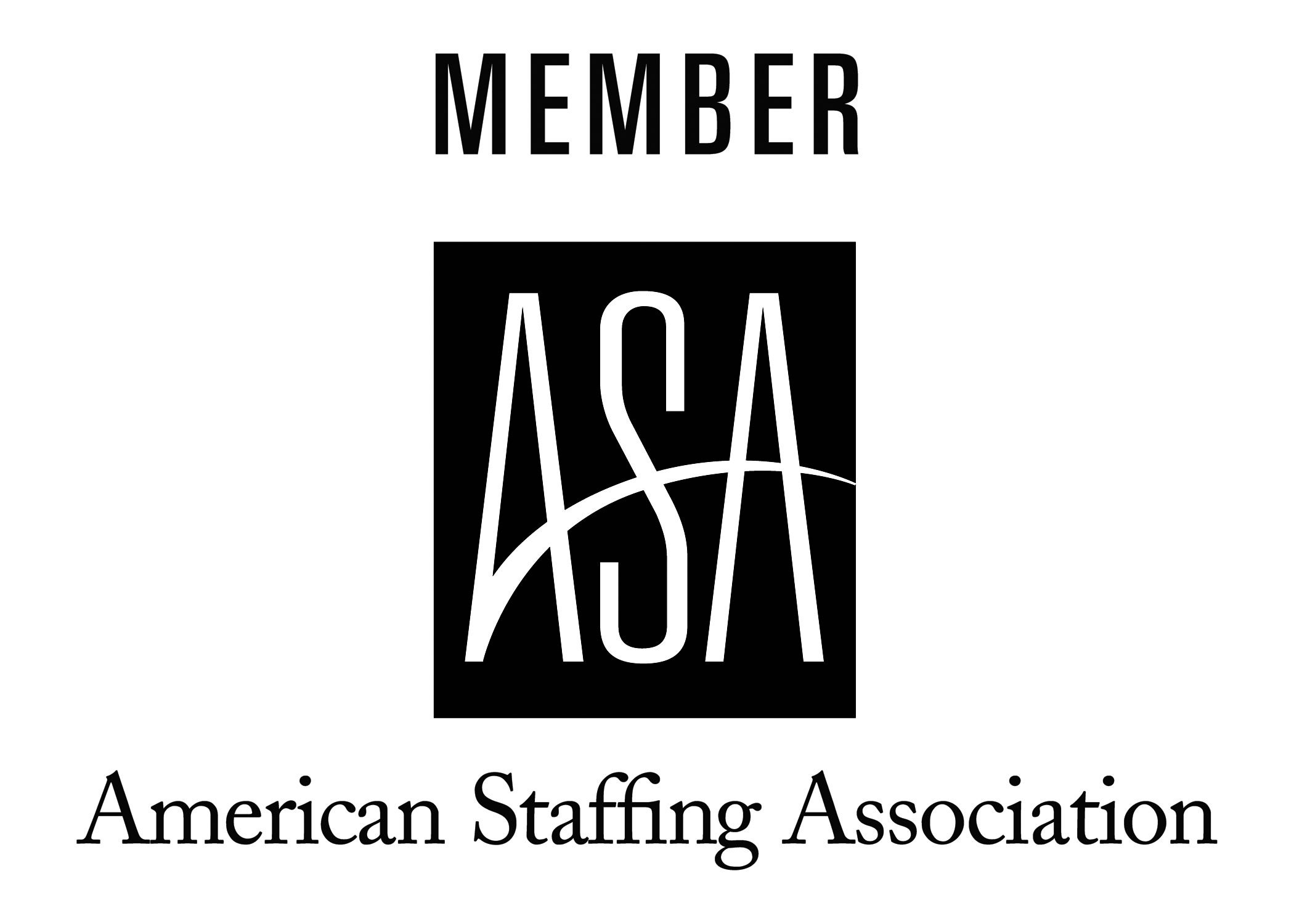In the dynamic field of social work, where the challenges are as diverse as the individuals served, one principle remains unwavering: the commitment to continuous learning. As societal needs evolve and new methodologies emerge, continuing professional development (CPD) becomes not just an option but a necessity for social workers striving to deliver effective, compassionate care.
This blog post explores the essential role of CPD in social work and highlights various opportunities to help you stay at the forefront of your profession while improving client outcomes.
What is Continuing Professional Development (CPD) for Social Workers?
Continuing Professional Education (CPE) encompasses the learning activities professionals undertake to develop and enhance their skills. The social work profession is continuously shaped by complex societal challenges, including mental health crises, systemic inequalities, and public health concerns. Engaging in CPE ensures that social workers remain competent, resilient, and well-equipped to advocate for their clients. By staying informed about evolving policies, evidence-based practices, and emerging interventions, social workers can provide the highest standard of care while adapting to the ever-changing needs of the communities they serve.
Why CPD is Essential for Social Workers?
1. Identifying Skill Gaps: Ongoing education helps social workers identify areas where they may need to strengthen their skills, allowing them to be more effective in their roles and better support their clients.
2. Enhancing Knowledge and Improving Service Delivery: Social work is a dynamic field, with new research, policies, and methodologies emerging regularly. Engaging in CE ensures practitioners remain informed and effective, keeping up with the latest advancements and best practices that enhance service delivery.
3. Meeting Ethical and Regulatory Standards: Many states and jurisdictions require social workers to complete a specific number of CPD hours to maintain their license. The Association of Social Work Boards (ASWB) notes that nearly every jurisdiction mandates the documentation of efforts to maintain competence, ensuring compliance with professional standards.
4. Career Progression and Professional Growth: CPD not only enhances existing skills but also opens doors to specialization, leadership roles, and increased job opportunities. The National Association of Social Workers (NASW) offers valuable resources for social workers looking to advance their careers through continued education.
5. Commitment to Lifelong Learning: This commitment aligns with the NASW Code of Ethics, which emphasizes the importance of ongoing education to ensure social workers provide high-quality care to their clients.
6. Contributing to Collective Knowledge: Staying informed about the latest research and practices allows social workers to contribute to the collective knowledge base of their field, which in turn leads to systemic improvements across the profession.
7. Stronger Professional Reputation: Regular participation in CPD demonstrates a commitment to personal growth and the delivery of quality care, bolstering a social worker’s credibility and trustworthiness in the eyes of clients and colleagues.
8. Expanded Professional Network: CPD activities, such as conferences, workshops, and seminars, provide valuable opportunities to network with peers, mentors, and experts, further strengthening professional relationships and opportunities for career advancement.

Exploring CE Opportunities for Social Workers in the U.S.
Social workers have a wealth of options to enhance their professional development. Some of the most valuable CPD resources include:
1. Formal Education Programs: Enrolling in accredited degree or certification programs allows social workers to deepen their expertise. Many universities offer advanced degrees and specialized certifications in social work. For example, the University of Southern California (USC) offers online MSW programs that cater to working professionals seeking to expand their knowledge.
2. Workshops and Seminars: Participating in hands-on workshops and in-person seminars offers opportunities for social workers to learn about new tools, techniques, and research. Organizations like Social Work Today offer regular webinars and in-person events for professionals to enhance their skills.
3. Conferences and Networking Events: Attending conferences and networking events allows social workers to stay updated on industry trends while connecting with peers. The National Association of Social Workers (NASW) hosts conferences and events that offer both learning and networking opportunities.

5. Supervision and Mentorship:
Supervision and mentorship are key to social workers' development, offering structured support from experienced professionals. Supervision provides reflective practice and feedback to enhance decision-making and ethics, while mentorship offers personalized guidance for career growth.
6. Engaging in Peer Supervision and Reflective Practice: Regularly meeting with colleagues to discuss cases, share insights, and reflect on practice allows social workers to learn from one another and gain diverse perspectives. This collaborative approach improves practice and helps refine professional judgment.
7. Keeping Up with Academic Journals, Podcasts, and Online Learning: Subscribing to relevant academic journals and listening to industry podcasts is an excellent way to stay informed about the latest research and trends in social work. Platforms like The Journal of Social Work and podcasts such as Social Work Conversations are great resources for continuous learning.
Crafting a Strategic CPD Plan for Career Advancement
A well-structured CPD plan can propel your professional growth. Here are essential steps to create an effective CPD strategy:
- Identify Learning Needs and Professional Goals: Assess areas for growth and set clear objectives.
- Keep a Structured CPD Portfolio: Document all learning activities and reflections to track progress.
- Regularly Reflect on Progress and Adapt Learning Strategies: Periodically review goals and adjust plans as needed.
- Seek Guidance from Mentors and Professional Organizations: Leverage the experience of others and utilize resources from bodies like the NASW.
Overcoming Barriers to Continuing Learning in Social Work
Despite the benefits of CPD, social workers often face challenges. Here are strategies to overcome these barriers:
- Time Constraints: Balancing a heavy caseload with CPD can be challenging. Prioritizing learning and integrating it into daily routines can help.
- Financial Barriers: While some CPD activities can be costly, many organizations offer free or discounted resources. For example, NASW members can access free continuing education credits.
- Motivation and Commitment: Setting personal CPD goals and seeking support from peers or mentors can maintain momentum.
Conclusion
Continuing Professional Development (CPD) is not just a requirement; it’s a strategic approach to advancing your career and the quality of care you provide as a social worker. By engaging in ongoing education, mentorship, and reflective practice, you can adapt to evolving challenges, meet ethical and regulatory standards, and advance your career. While barriers may arise, prioritizing CPD ensures your professional growth and strengthens the impact you have on the communities you serve.
Are you a passionate social worker seeking a new challenge?
Verovian Social Agency is looking for individuals like you! Join our team and find a supportive environment that values professional growth, diversity, and innovative practice. Make a difference in various service areas with a flexible and dynamic organization committed to social justice. Explore our job opportunities and advance your career with Verovian Social Agency today!





